Beachcat Atlantic Crossing: Team Ocean Cat arrived to Guadeloupe
Photos: Andrea Falcon / Ocean Cat – Record not broken but mission accomplished eitherway. Guts, knowhow and experience are what these two Italian sailors posses. Imagine those who are glad and happy to have cross the Atlantic on a yacht, elevate the sense of achievement by 1000 doing it in such beachcat.
Our respect and deserved recognition for Giammarco Sardi and Tullio Picciolini, not many have done it, not many will.
For more details check:
Ocean Cat web: www.oceancat.it/
Ocean Cat fb: fb.com/teamoceancat/
Below translate from Ocean Cat.it posting:
————————————-
————————————
“A crossing that put us to the test!”
By Alessandro Mei
Tullio and Giammarco on arrival in front of Guadeloupe
After 14 days 3 hours and 40 minutes from the departure in front of the Isle of Gorée in Dakar, Ocean Cat crossed the finish line in front of Pointe à Pitre, in Guadeloupe. The two Italian sailors, Giammarco Sardi and Tullio Picciolini have not managed to improve the record Vittorio and Nico Malingri made in April 2017, but have accomplished an equally unique undertaking for the particularly demanding weather conditions they found during the route.
Starting on February 5th from Dakar, after waiting for more than a month for the best wind conditions, they left the African coast with light wind and a meteorological condition that disregarded all expectations with an unstable trade wind that accompanied the two sailors to the arrival.
A first 90 degrees scuffia the sixth day, then a new scuffia the ninth day, this time at 180 degrees, with the whole tree in the water and a third, always at 180 degrees, on the eve of the twelfth day, the latter due to very challenging weather conditions with a breeze that has reached 40 knots of intensity and wave up to six meters.
Giammarco Sardi as soon as he touched the ground said he was “Demolished. The instability weather has created us great difficulties. I expected a challenging undertaking, but not as much as we lived it. We started with the change of moon and wind, this led us the first days to navigate practically in the dark. From the fifth day we were faced with changing conditions, with the sea that changed from the appearance of a lake to waves of more than 5 meters and wind that reached 40 knots that made it really difficult to navigate at an average speed of 12 knots, necessary to beat the record. The thing that surprised us most, from the second day, was the hallucinations: the sound of the sea and the wind seem to be the sound of a radio, a background music that accompanied you all day long. Then, the scuffie: the first at 90 degrees, we managed it without difficulty. The second with a 180 degree overturning was really challenging. We were very tired and a jerk took us and turned us around “.
A very hard crossing also for Tullio Picciolini, not new to these adventures, but nevertheless satisfied with having completed it: “It has been a very hard experience, an experience that puts you to the test both from a physical and psychological point of view. , even for a nuanced record … In fact, when we arrived in Guadeloupe and we celebrated with friends who were waiting for us at the finish line, we realized that we had reached our goal: to make the crossing with a small catamaran in the name of safety at sea – which is practiced and disseminated every day in sailing clubs and swimming pools – and an important environmental message that we believe we have managed to transmit. During this crossing we have touched and understood well that with one a more careful and environmentally friendly lifestyle, man can really do something to protect the planet. I think of the problem of sargassis, these expanses of algae that increasingly invade the ocean. We never talk about it, but it really seems that they are generated by huge quantities of fertilizers poured into the sea “.
This will be one of the themes that the two ocean navigators, MareVivo ambassadors will be able to tell when they return to Italy.
If he thinks it is a dangerous and difficult experience, Tullio responds like this: ” No, I do not think it is a dangerous experience if faced in the same way we have faced it, with a team on the ground that has managed in an excellent way the signals GPS of the instrumentation on board, interpreting them together with our SMS messages that we periodically sent to reassure them on our health and on the safety of navigation “.
———–




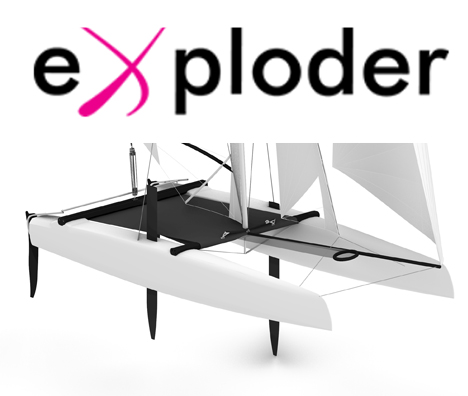
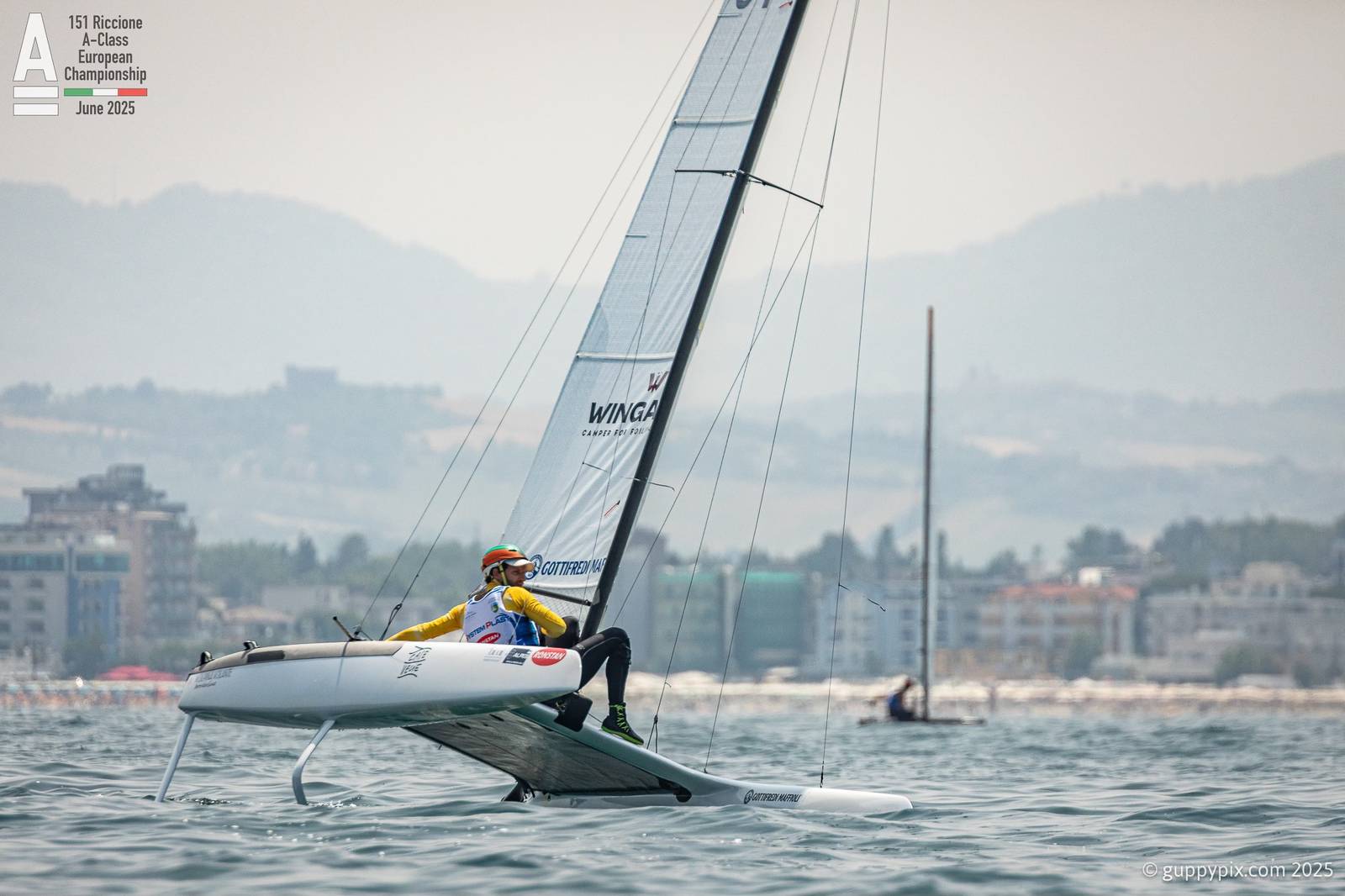
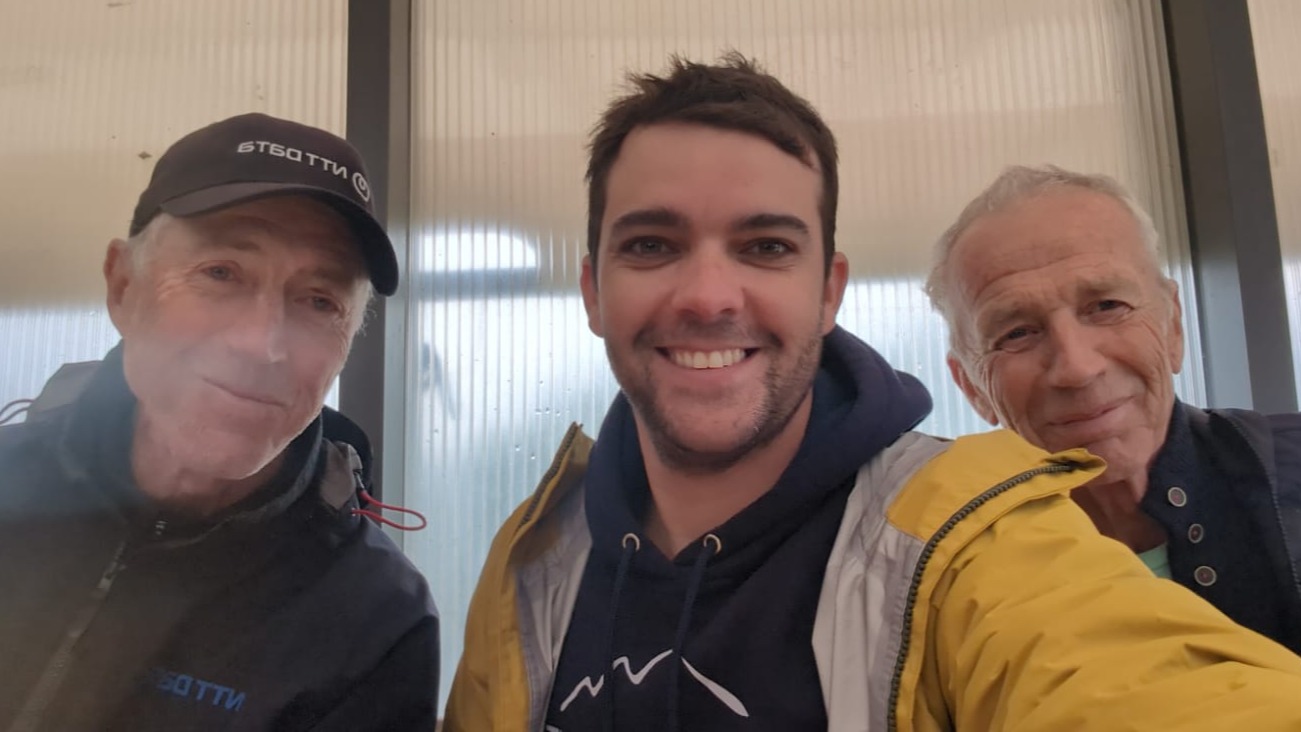
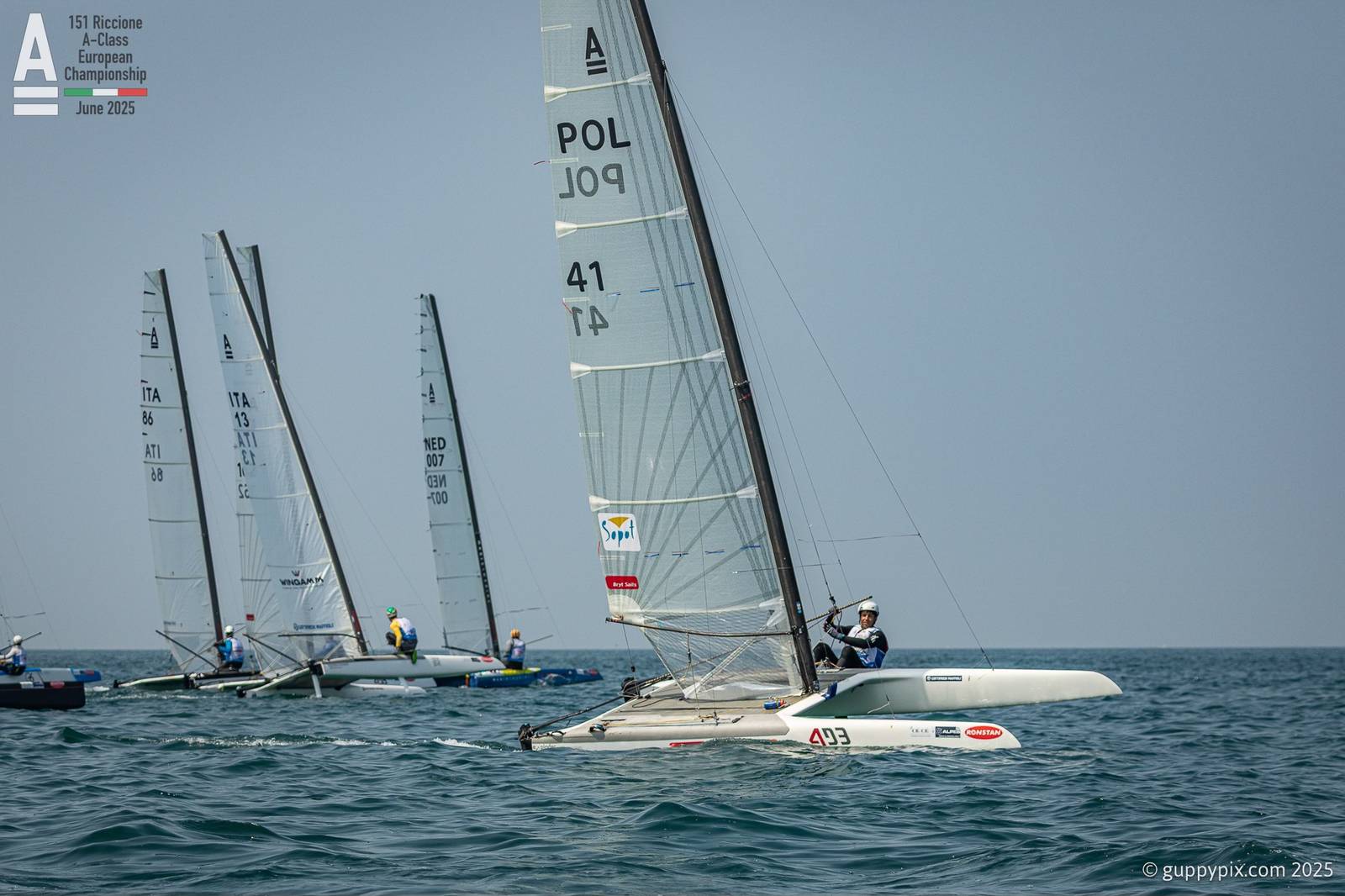
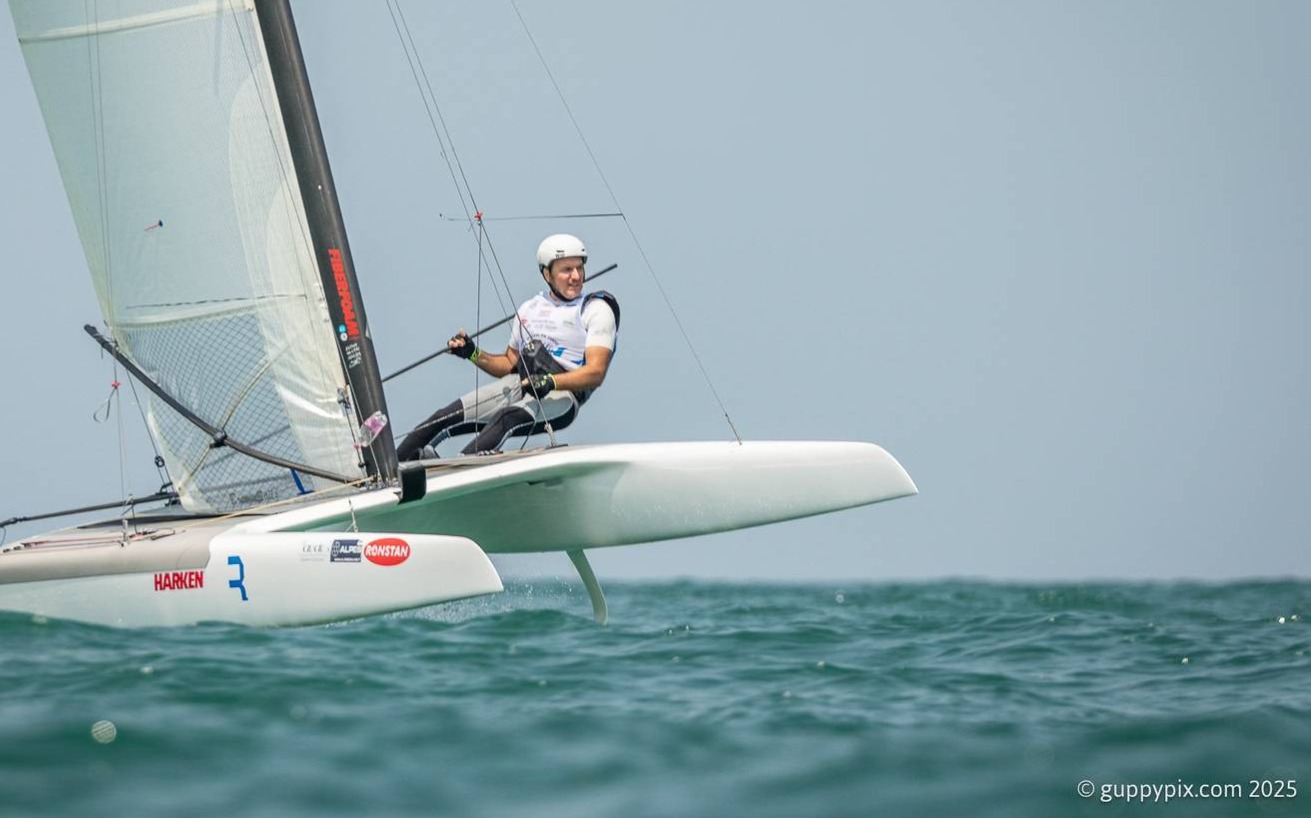
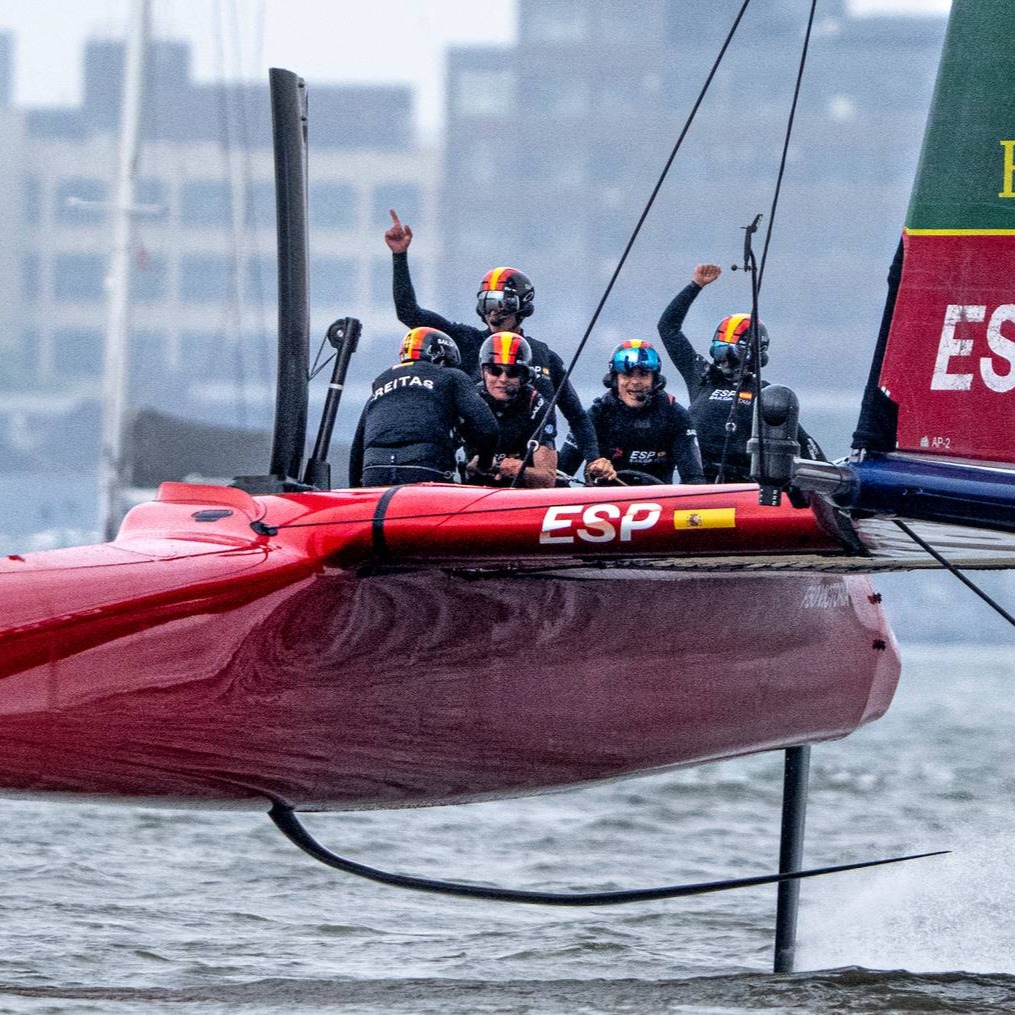
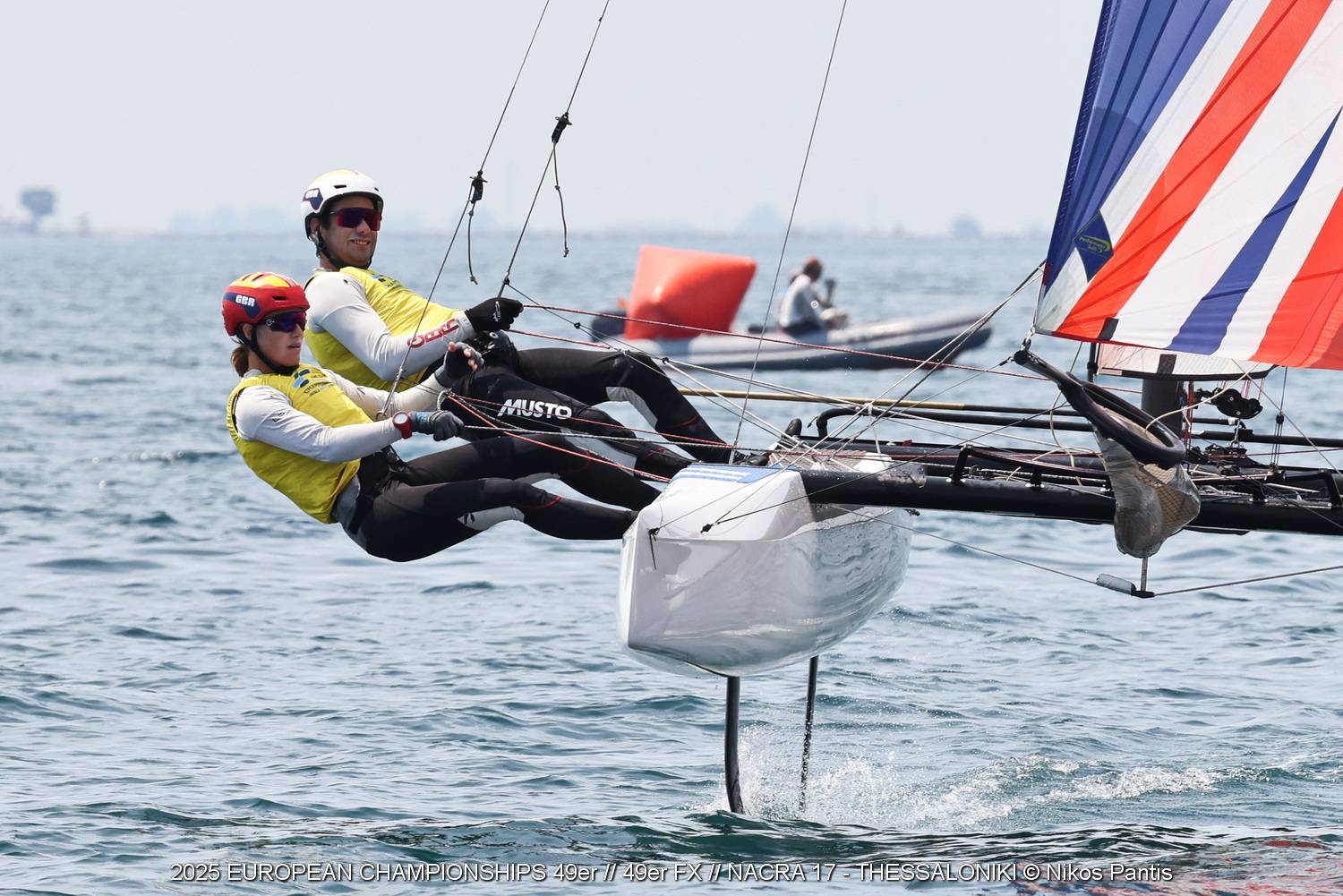
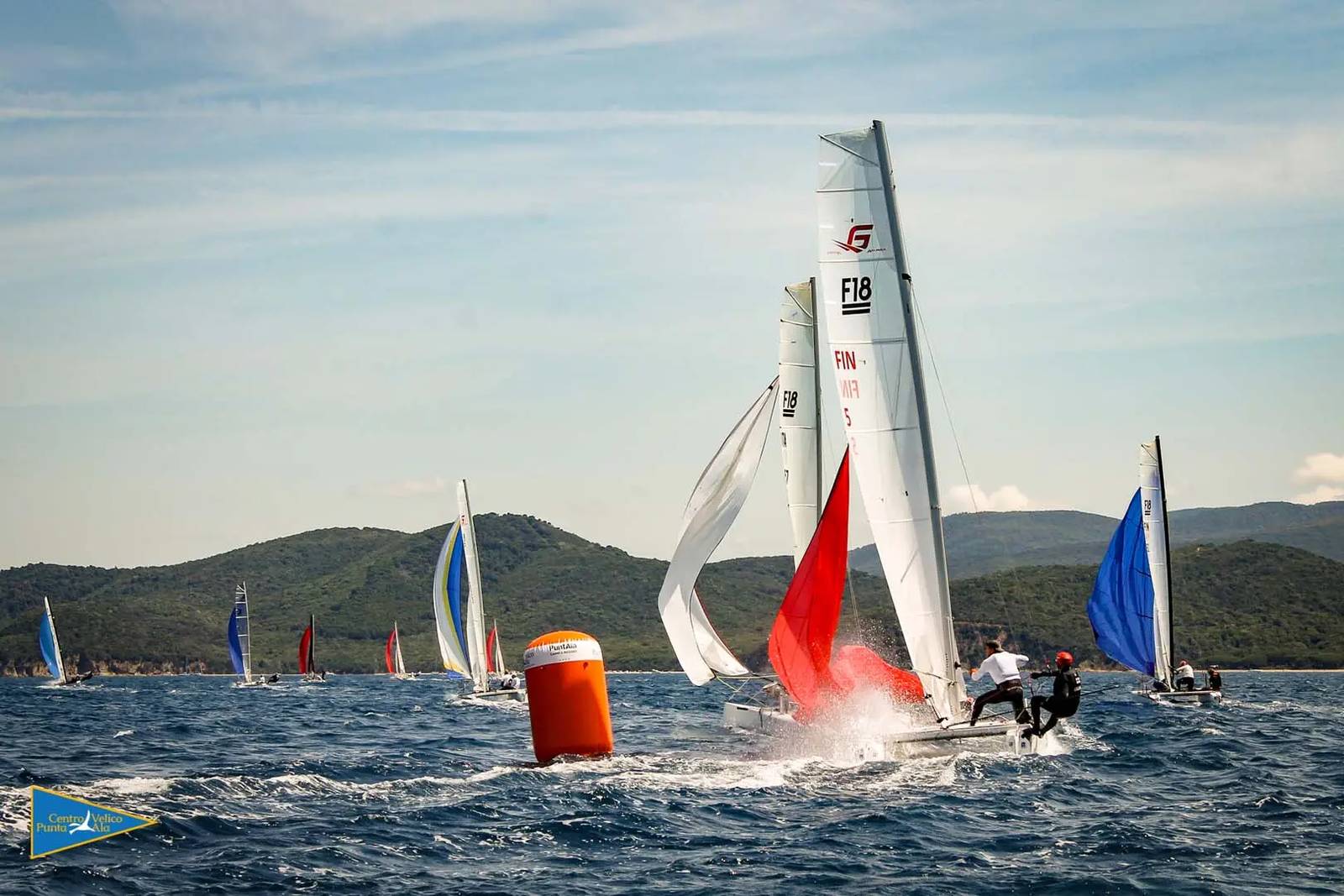
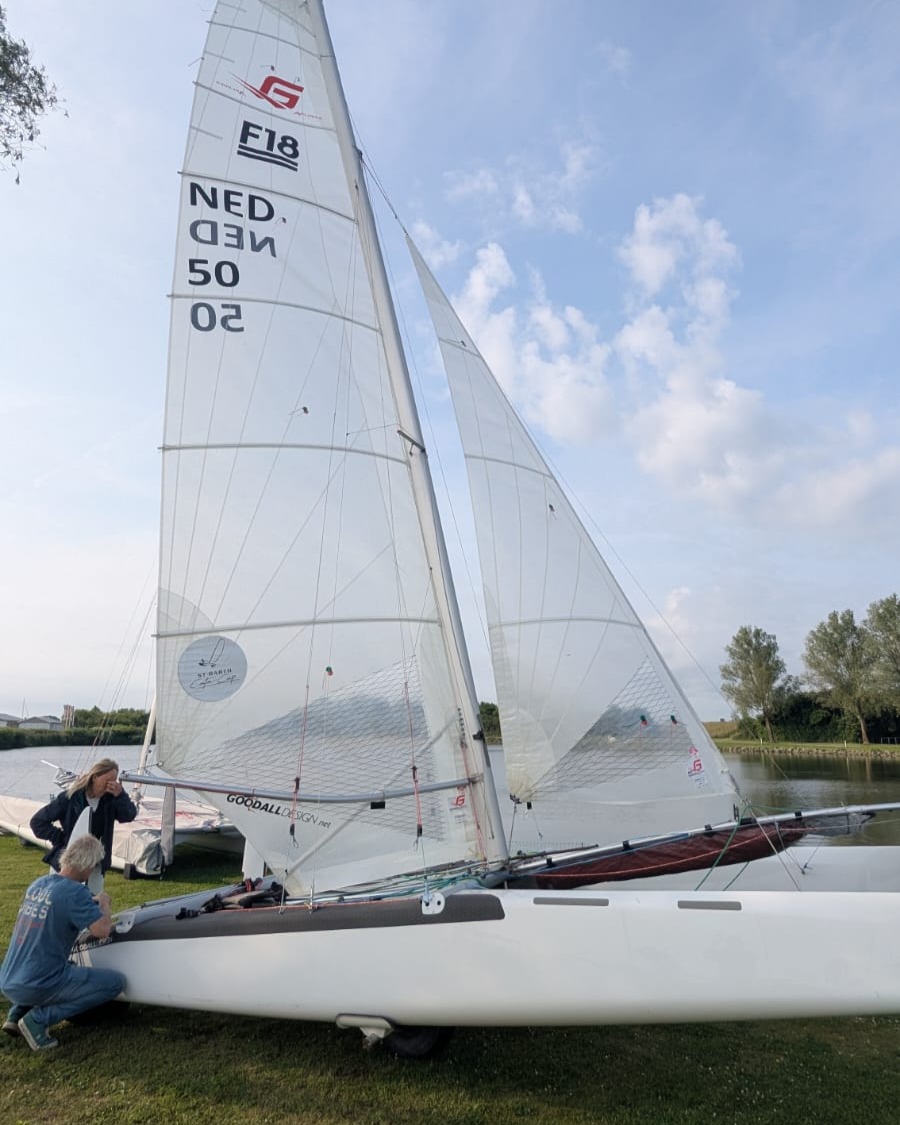
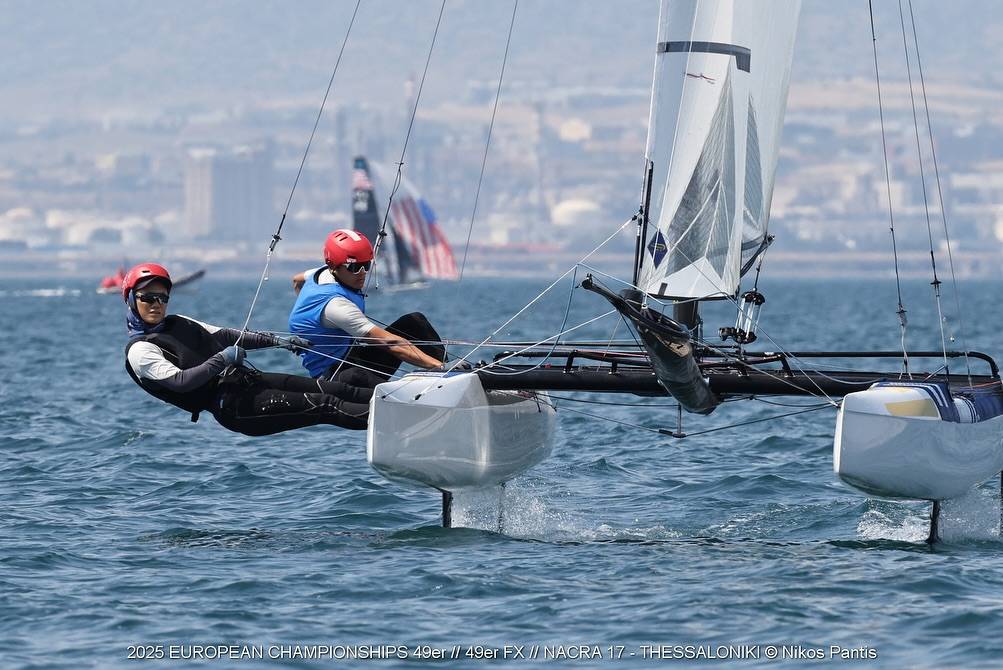



















Teo di Battista , 3° of Classic using Exploder Ad3 2016 version instead Scheurer .
I just heard that my great sailing friend and former CEO of Hobiecat Europe has passed. May The endless oceans…
...Report was sent by an F18 Sailor, if you want Hobies reported send your own, we'll publish as usual. Cheers.
Looks like in your report the Hobies are not really present. Suggest to rewrite the article.
Thanks for the great report Wik. Great battle.